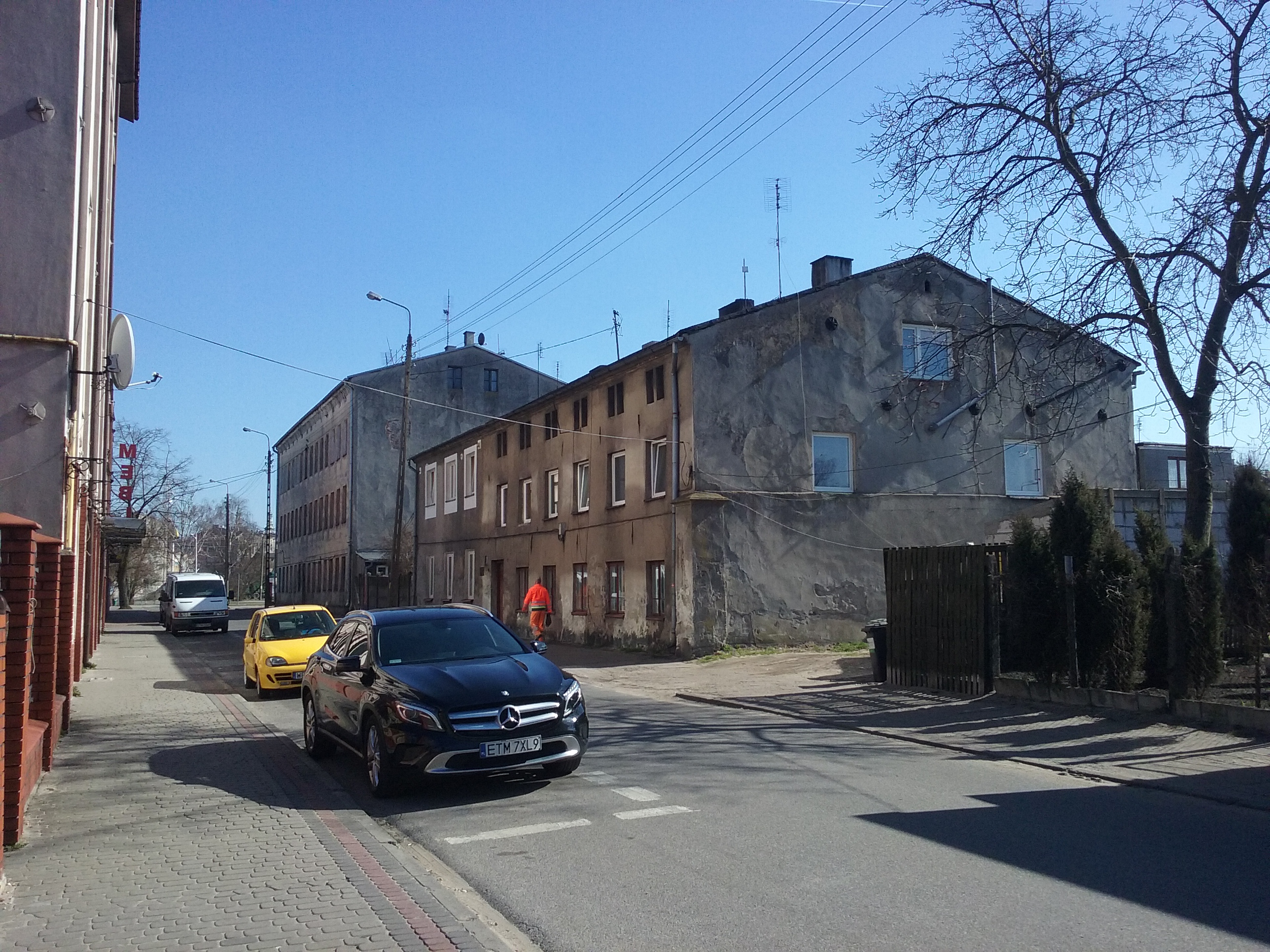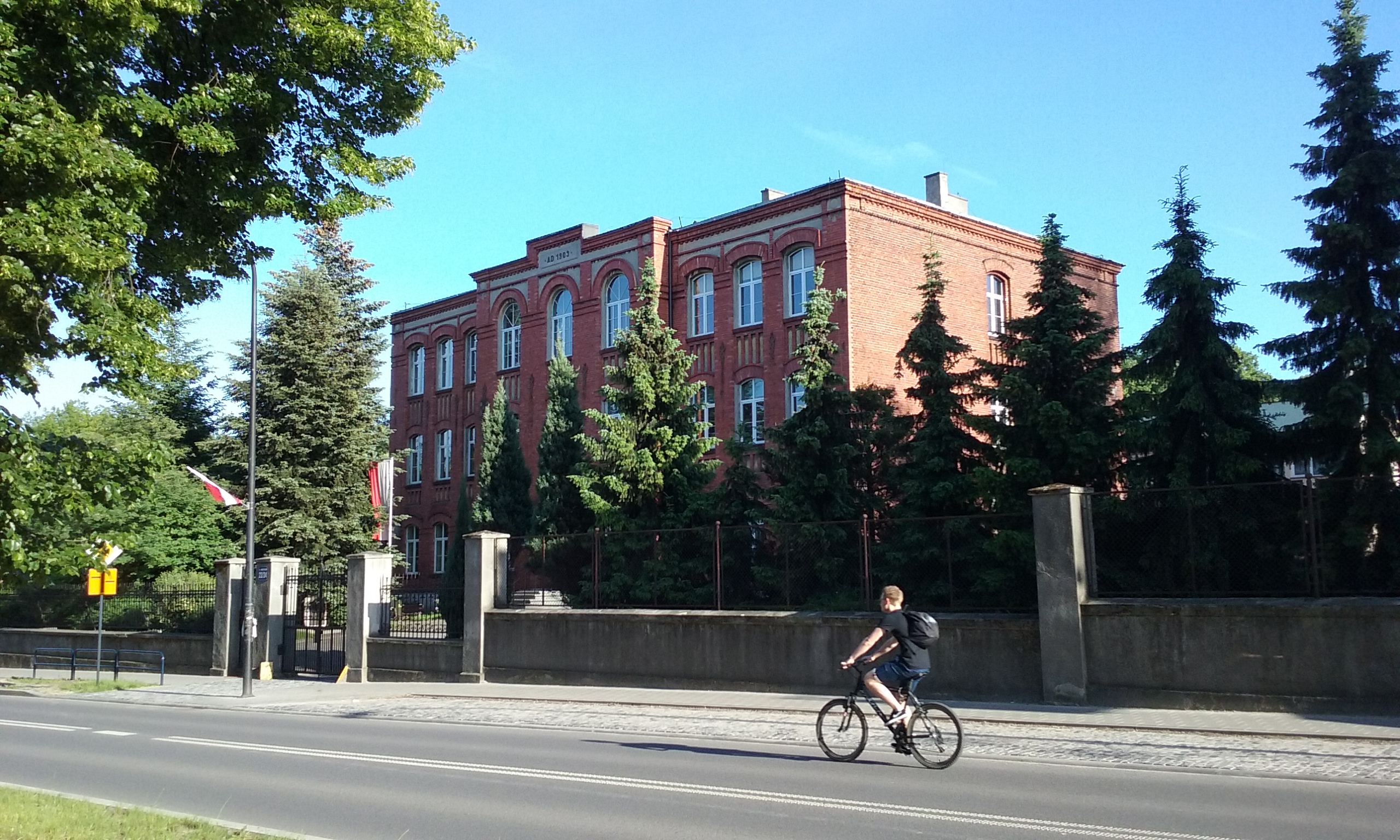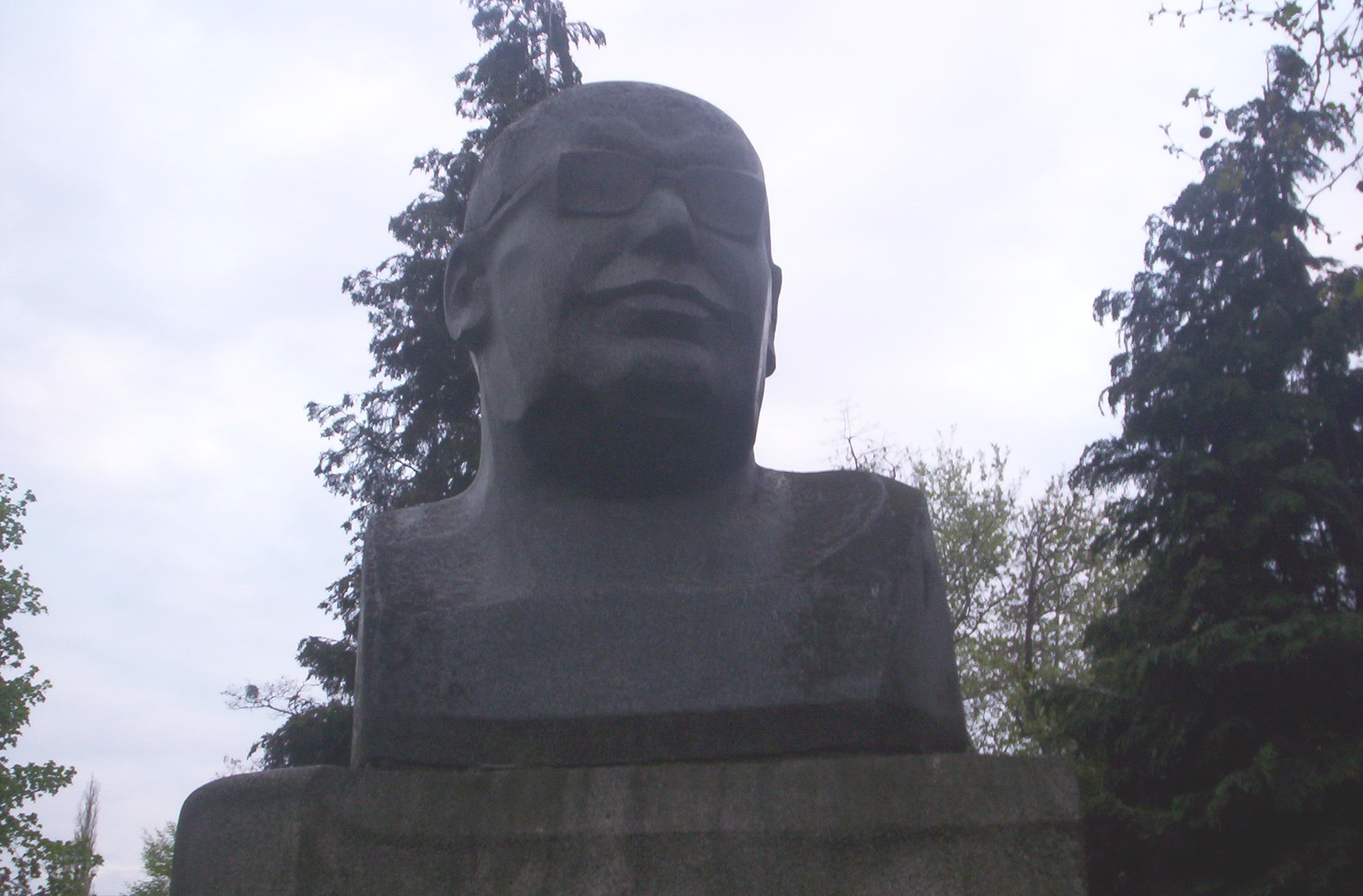1. Overview
Oskar Ryszard Lange (Oskar Ryszard LangeˈlanɡɛPolish) (July 27, 1904 - October 2, 1965) was a prominent Polish economist and diplomat. He is widely recognized for his pioneering work in advocating the integration of market pricing mechanisms into socialist economic systems, thereby developing a foundational model for market socialism. Lange notably engaged in the socialist calculation debate, where he argued against economists like Ludwig von Mises and Friedrich Hayek, proposing that central planners could effectively simulate market efficiency by monitoring supply and demand through changes in goods' inventories and adjusting prices accordingly. He also supported the nationalization of major industries. During his academic career in the United States, Lange was a significant researcher in mathematical economics. Following World War II, he returned to socialist Poland and became a member of the Central Committee of the Polish United Workers' Party, serving in various governmental and diplomatic roles.
2. Early Life and Education
Oskar Lange was born on July 27, 1904, in Tomaszów Mazowiecki, a town located in Russian-controlled Poland. He was the son of Arthur Julius Lange, a Protestant manufacturer, and Sophie Albertine Rosner. His family lineage traced back to ancestors who had immigrated from Germany to Poland in the early 19th century.
Lange pursued his higher education at the Jagiellonian University in Kraków, where he studied both law and economics. He earned his Bachelor of Arts degree in 1926 and his Master of Laws degree in 1928, the same year he successfully defended his doctoral dissertation under the supervision of Adam Krzyżanowski. Following his graduation, Lange worked at the Ministry of Labor in Warsaw from 1926 to 1927. Subsequently, he returned to his alma mater, the University of Kraków, serving as a research assistant from 1927 to 1931.


3. Career in the United States
In 1932, Oskar Lange married Irene Oderfeld. His academic career in the United States began after he received a Rockefeller Foundation fellowship in 1934, which initially took him to England. From England, he emigrated to the United States in 1937.
Upon his arrival in the U.S., Lange briefly moved to the University of Michigan in 1936, before accepting a professorship at the prestigious University of Chicago in 1938. During his tenure in the United States, he distinguished himself as an academic teacher and a prolific researcher, particularly in the field of mathematical economics. His contributions during this period formed the bulk of his significant economic work. In 1943, Lange became a naturalized U.S. citizen.
4. World War II and Diplomatic Role
During World War II, Oskar Lange initially maintained ties with the Polish government-in-exile based in London. However, as the war progressed, his allegiance shifted. Towards the end of the conflict, he broke with the London-based government-in-exile and transferred his support to the Soviet-sponsored Lublin Committee (PKWN).
Lange's political views, which were perceived as leftist and pro-Soviet, garnered the attention of Joseph Stalin. Stalin, who wished to speak with Lange personally and potentially offer him a position in a future Polish cabinet, prevailed upon U.S. President Franklin D. Roosevelt to secure a passport for Lange to visit the Soviet Union in an official capacity. The State Department, however, opposed Lange traveling as an emissary, believing that his political views did not represent the interests of Polish-Americans or general American public opinion.
Lange's trip to the Soviet Union in 1944 sparked considerable controversy, with the newly established Polish American Congress condemning him and defending the interests of the Polish government-in-exile. Despite the opposition, Lange returned to the United States at the end of May 1944. At Roosevelt's request, he met with Prime Minister Stanisław Mikołajczyk of the government-in-exile, who was visiting Washington. Lange emphasized Stalin's purported reasonableness, conveying the Soviet leader's desire to preserve an independent Poland under a coalition government. He subsequently urged the State Department to pressure the exiled Polish leadership to reach an understanding with Stalin. Lange ultimately played a crucial role as an intermediary between Roosevelt and Stalin during the Yalta Conference discussions concerning post-war Poland.
5. Post-War Career in Poland and Diplomacy
After the conclusion of World War II in 1945, Oskar Lange returned to Poland. He subsequently renounced his American citizenship and, in the same year, returned to the United States as the Polish People's Republic's first ambassador. His diplomatic service continued in 1946 when he served as Poland's delegate to the United Nations Security Council.
From 1947 onwards, Lange resided permanently in Poland, where he continued to work for the Polish government while simultaneously pursuing his academic interests. He held teaching positions at the University of Warsaw and the Main School of Planning and Statistics. His political career further advanced when he served as deputy chairman of the Polish Council of State from 1961 to 1965. In this capacity, he was one of four acting chairmen of the Council of State, a function equivalent to a head of state. Notably, he served as acting head of state for five days from August 7, 1964.

6. Economic Theories and Contributions
Oskar Lange's most significant contributions to economic thought largely emerged during his period in the United States, from 1933 to 1945. Despite being a committed socialist, Lange was critical of the Marxian labor theory of value, instead embracing the neoclassical theory of price. He is perhaps best known for his seminal work, On the Economic Theory of Socialism, published in 1936, in which he famously sought to integrate Marxian and neoclassical economic principles.
6.1. Market Socialism and the Lange Model
In On the Economic Theory of Socialism, Lange championed the application of market tools, particularly neoclassical pricing theory, within the framework of socialist and Marxian economic planning. He proposed that central planning boards could effectively set prices through a process of "trial and error." This method involved making adjustments based on observed shortages and surpluses, rather than relying solely on a free price mechanism.
Under this proposed system, central planners would initially assign arbitrary prices to goods produced in state-owned factories. If a shortage of a particular good occurred, its price would be raised; conversely, if a surplus emerged, the price would be lowered. Lange theorized that raising prices would incentivize state-owned enterprises to increase production, driven by the goal of maximizing profits, thereby alleviating shortages. Conversely, lowering prices would encourage businesses to reduce production to prevent losses, thus eliminating surpluses. Lange believed that such a simulation of market mechanisms would be capable of efficiently managing supply and demand. Proponents of this idea argued that it combined the advantages of a market economy with those of a socialist economy.
Lange contended that a state-run economy, utilizing this approach, could be at least as efficient as a capitalist or private market economy. He argued that this efficiency was attainable if government planners employed the price system as if it were a market economy, instructing state industry managers to respond parametrically to state-determined prices (e.g., by minimizing costs). Lange's work laid the groundwork for the concept of market socialism. His original technical idea of using "trial and error" in price determination is also known as the "Lange-Lerner Model," acknowledging the contributions of Abba Lerner. Furthermore, the "Lange-Taylor Model" or "Lange-Lerner-Taylor Model" recognizes the contributions of Fred M. Taylor. In contrast, the approach using "simultaneous equations" for price determination, a more mathematical and planned method, is known as the "Lange-Dickinson Model," crediting H.D. Dickinson's developments.
6.2. The Socialist Calculation Debate
Lange's arguments formed a central point in the socialist calculation debate with economists from the Austrian School, notably Ludwig von Mises and Friedrich Hayek. Mises and Hayek argued that central authorities lacked sufficient knowledge of the conditions for general equilibrium (also known as Walrasian equilibrium) and that only an expanded market mechanism could achieve an ideal allocation of resources, advocating for market fundamentalism.
In response, Lange emphasized the complementary relationship between government policy and market principles in achieving general equilibrium. He asserted that central authorities could actively manage the allocation of major resources (human capital, finance, and materials) through a process of trial and error, thereby enhancing economic efficiency. At the time, many English socialists, particularly those associated with the Fabian Society, believed that Lange had decisively won the debate. However, Hayek's influential essay, "The Use of Knowledge in Society", published in 1945, is widely regarded as a significant rebuttal to Lange's work and remains one of the most important articles in the field of economics.
6.3. Welfare Economics and General Equilibrium Theory
Lange also made substantial technical contributions to economics beyond the socialist calculation debate. He was a leading figure in the "Paretian Revival" within general equilibrium theory during the 1930s. In 1942, he provided one of the earliest proofs of the First and Second Welfare Theorems of welfare economics. He initiated the formal analysis of the stability of general equilibrium in his works from 1942 and 1944.
His critique of the quantity theory of money in 1942 significantly influenced his student, Don Patinkin, who subsequently developed a remarkable "integration" of money into general equilibrium theory. The mathematical existence of general equilibrium, which underpinned Lange's theoretical framework, was later definitively proven by Kenneth Arrow and Gérard Debreu.
6.4. Other Economic Work
Lange's diverse contributions extended to several other areas of economic thought. He made seminal contributions to the development of the neoclassical synthesis in works published in 1938, 1943, and 1944. He also dedicated efforts to integrating classical economics and neoclassical economics into a unified theoretical structure, as exemplified by his work in 1959. In his later years, Lange developed a keen interest in cybernetics and explored the potential applications of computers for economic planning. He believed that advancements in computer technology would help address the practical challenges of his model, particularly by refining the "trial and error" process of price setting. In recognition of his academic achievements, the International Institute of Social Studies (ISS) awarded Oskar Lange an honorary fellowship in 1962.
7. Political and Ideological Stance
Oskar Lange was deeply committed to socialism throughout his career. Following his return to Poland after World War II, he became a member of the Central Committee of the Polish United Workers' Party, the ruling communist party in the Polish People's Republic. His economic models, particularly his concept of market socialism, were conceived as sophisticated computational tools aimed at achieving high levels of efficiency within the framework of a planned economy, aligning with his broader socialist ideology.
Lange maintained a close relationship with the Stalinist government of the Polish People's Republic and often acted as its spokesperson. A controversial aspect of his political activities included writing papers, such as one in 1953, where he characterized Joseph Stalin as an "economic theorist." This particular stance drew criticism from many of his fellow economists. Despite such criticisms, Lange consistently affirmed his identity as a socialist activist, believing his work contributed to the advancement of socialist principles.
8. Personal Life
Oskar Lange was married to Irene Oderfeld in 1932.
9. Death
Oskar Lange died on October 2, 1965, in London.
10. Legacy and Evaluation
Oskar Lange's work has had a lasting impact on economic theory and policy, particularly in the realm of socialist economics. However, his contributions and political affiliations have also been subject to critical scrutiny.
10.1. Impact on Economic Thought
Lange's theories, especially his model of market socialism and his arguments in the socialist calculation debate, significantly influenced subsequent economic scholarship. His proposals provided a concrete theoretical framework for integrating market mechanisms into centrally planned economies, thereby opening a new path for the development of market socialism. His work demonstrated how a planned economy could potentially achieve efficiency comparable to a market economy by simulating market signals, influencing the design of various economic systems in the mid-20th century. His contributions to general equilibrium theory and welfare economics also remain foundational.
10.2. Critical Perspectives
Despite the theoretical elegance and mathematical soundness of Lange's models-with the existence of general equilibrium later proven by Kenneth Arrow and Gérard Debreu-their practical implementation faced considerable challenges. Critics point to the inherent difficulties in quantitatively observing and calculating the myriad of real economic elements required for his models to function effectively. Furthermore, the actual allocation of resources in practice presented significant technical and political hurdles that often undermined the theoretical efficiency of his proposals.
Beyond the economic models themselves, Lange's political affiliations and his role in socialist states have drawn criticism. His close ties to the Stalinist government of the Polish People's Republic and his controversial writings, such as those portraying Joseph Stalin as an "economic theorist," have been highlighted as problematic by historians and fellow economists. These criticisms underscore the historical debates surrounding the practical application of socialist economic theories and the political context in which they were developed.